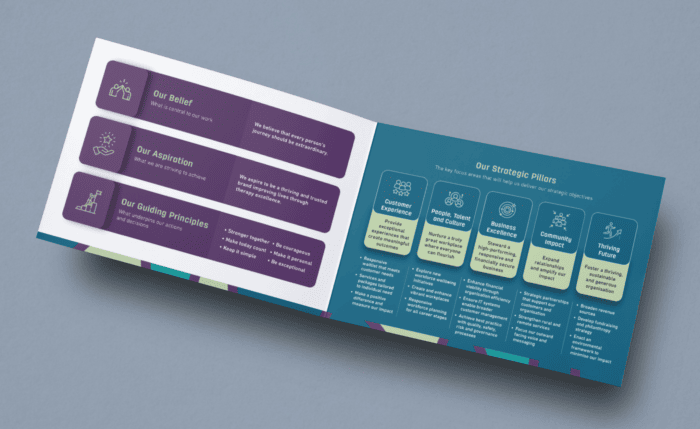Why is sleep important?
Sleep is important to promote emotional, social and physical wellbeing. Good quality sleep helps with academic and work performance and enables us to be more present in our day-to-day living. When we get enough sleep, it makes it easier to manage our emotions. It helps us to be more patient and deal with stress, including relationship, work or study difficulties. It can also help reduce the risk of developing mental health challenges in the future.
Here are some tips on promoting good sleep hygiene! Good sleep hygiene (or habits) is key in maintaining our mental health. Sleep Ninja is a free app that can help with developing healthy sleep habits!
Create a regular bedtime routine.
Be consistent and set a regular bedtime. Having a set bedtime can help your body to have a regular rhythm and know when to get ready for sleep.
Avoid naps!
Having naps during the day can impact on your sleep patterns at night and make going to sleep at night even harder. Avoid naps where possible.
Avoid certain foods and drinks
Try not to eat large meals before bedtime. Avoid caffeine and alcohol and sugary drinks/food as these impact on sleep quality and capacity to fall asleep.
Prepare for a good sleep
Make your bedroom a place for rest – make sure it is quiet and relaxing and at a comfortable, cool temperature. Associate your bedroom with sleep, so avoid having electronics in there e.g. TVs, laptops. Limit bright lights and turn off electronics at least 30 minutes before bed. Have a hot shower/bath and turn down the lights and get ready for sleep.
Get up if you can’t fall asleep
Get up and try again. If you don’t fall asleep after 20 minutes, get out of bed. Do a quiet activity with limited light and avoid electronics. After 15 minutes, try again.
Exercise
Try to exercise regularly during the day and maintain a healthy diet. Activities including stretching and yoga can also help.
Need support?
Our psychologists support people who experience social, emotional and mental health difficulties.


















